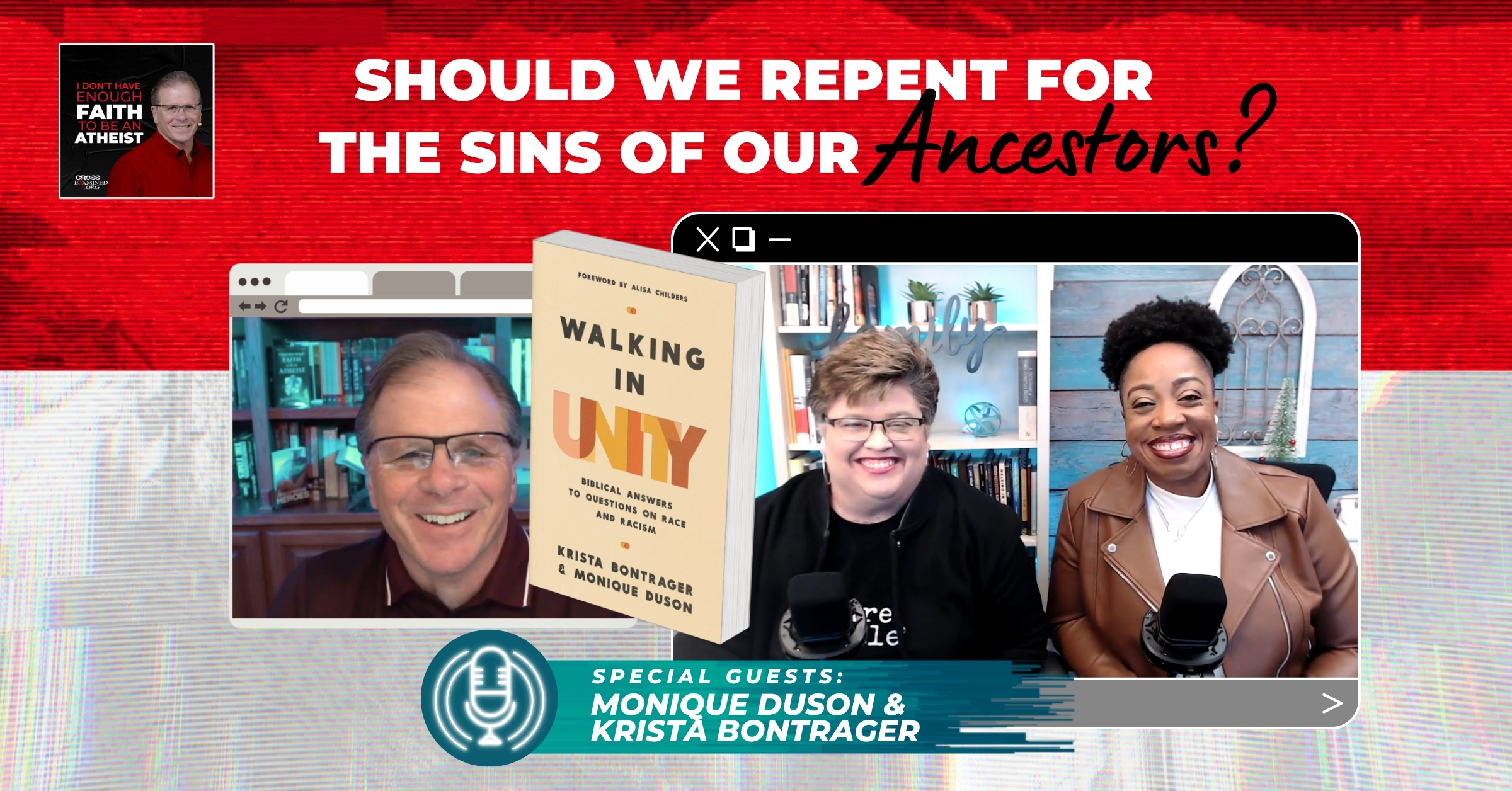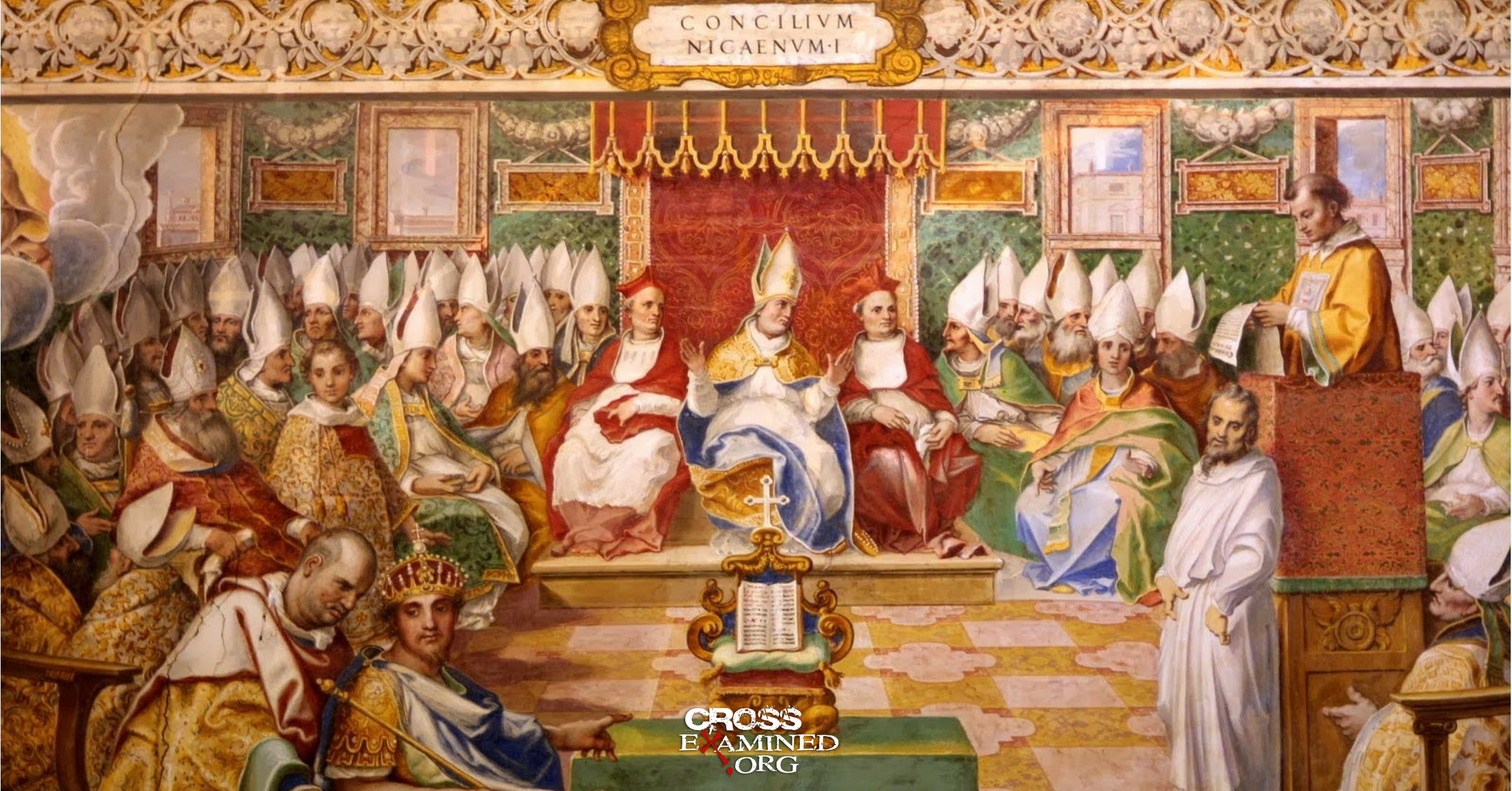The Disrespecting Marriage Act
Marriage is under fire… again.
The red wave in November might have helped put out the fire, but not when the wave is just a trickle. Unless something wild happens in Arizona and Georgia, the Democrats will retain the Senate majority. Republicans will gain a slight majority in the House of Representatives, but that doesn’t start till January. That leaves a one-month window for a democrat-majority House and Senate to cram everything they can into law before New Year’s. One of those cram jobs is the “Respect for Marriage Act.”[i]
Following Senate majority leader Chuck Shumer, Democrats are expected to pass the “Respect for Marriage Act.” The bill briefly mentions interracial marriages, which no one is disputing. that’s been legal in every state for decades now. That’s not the contentious part. This bill is written in direct opposition to the Clinton-era Defense of Marriage Act[ii] (1996), and intended to build on the momentum of the Obergfell decision (2015) which legalized same-sex marriage nationwide. Broadly speaking, the Respect for Marriage act would guarantee that any type of marriage recognized in one state must be recognized in every state. If you stop and think about that, it can get pretty absurd pretty quickly. Here’s the official summary of the bill.
Respect for Marriage Act
This bill provides statutory authority for same-sex and interracial marriages. Specifically, the bill repeals and replaces provisions that define, for purposes of federal law, marriage as between a man and a woman and spouse as a person of the opposite sex with provisions that recognize any marriage that is valid under state law. (The Supreme Court held that the current provisions were unconstitutional in United States v. Windsor in 2013.) The bill also repeals and replaces provisions that do not require states to recognize same-sex marriages from other states with provisions that prohibit the denial of full faith and credit or any right or claim relating to out-of-state marriages on the basis of sex, race, ethnicity, or national origin. (The Supreme Court held that state laws barring same-sex marriages were unconstitutional in Obergefell v. Hodges in 2015; the Court held that state laws barring interracial marriages were unconstitutional in Loving v. Virginia in 1967.) The bill allows the Department of Justice to bring a civil action and establishes a private right of action for violations.117th Congress, H.R. 8404, 7/19/2022, Summary[iii]
Democrats seem to have a winning issue here though. The “marriage equality” rhetoric plays well to progressives, the LGBT lobby, and many libertarians. That means more publicity, votes, and money. As legislation, the bill already passed the House, and it has the votes to pass in the senate. It should have stalled out in the senate, for missing the 60 votes needed for cloture (ending debate/filibuster). But the 50 democrat votes are now joined by 12 Republicans supporting the bill.
- Roy Blunt of Missouri
- Richard Burr of North Carolina
- Shelley Moore Capito of West Virginia
- Susan Collins of Maine
- Joni Ernst of Iowa
- Cynthia Lummis of Wyoming
- Lisa Murkowski of Alaska
- Rob Portman of Ohio
- Mitt Romney of Utah
- Dan Sullivan of Alaska
- Thom Tillis of North Carolina
- Todd Young of Indiana
This means, the Respect for Marriage Act can be put to a final vote, passing with a simple majority (51 votes). It will become the law of the land unless something drastic happens like senate democrats changing their vote, or a state election being overturned.
WHAT ABOUT RELIGIOUS FREEDOM?
Those 12 republican votes are a little surprising, because republicans have mostly opposed redefining marriage. Plus, an earlier version of the bill raised concerns about religious freedom. The bill looked like it would force people to violate their conscience or their religion. Even the most liberal republicans and RINOs would have to reject that. Remember the cake-baker case[iv]? What about the flower-shop case[v]? Or the wedding-planner case[vi]? Without a doubt, there are left-wing legal teams determined to force Christians to violate their conscience and their religion (not to mention sacrifice free enterprise and freedom of speech). So, no matter what lobbyists may say, religious freedom is a live issue facing active threats.
That, however, was the old version of the bill. A new version[vii] was amended to protect religious freedom, at least for individuals and communities. With that revision in place, those 12 republicans were free to dissent from Republican ranks.
But does it protect religious freedom? A little, but not nearly as much as it may seem. It protects religious freedom at an individual and community level (like churches), but only generally, and only when it doesn’t include the state. It says:
“In General – Nothing in this Act, or any amendment made by this Act, shall be construed to diminish or abrogate a religious liberty or conscience protection otherwise available to an individual or organization under the [US] Constitution.”
117th Congress H.R. 8404, 7/19/2022, Sec., 6, line 22[viii].
“GENERALLY TRUE” MEANS “OFTEN FALSE.”
One big problem with this amendment is the squishy phrase: “In General.” It refers to a general principle, and since the principle applies only generally, that means many times it doesn’t apply. Simply put, “generally true” means “often false.” In legal terms, squishy words like that tend to become escape clauses. They’re loopholes, so litigious activists can get around basic rights.
Plus, you can’t build much on squishy words. They aren’t absolute, universal, or even easy to clarify. So, it’s not a strong foundation for legal protections. Anyone who’s life and livelihood is on the line (cake-bakers and wedding planners included), they have only a cold reassurance that “maybe federal law will respect your religious freedom.”
Another liability with squishy legal terms is they can squishify and dissolve whatever they touch. Whatever follows from “In General” is only generally true, so there can be exceptions. Would your case be an exception? Who knows? Instead of clear, firm, and absolute statements protecting people’s religious freedoms, this amendment offers only a generality, a great big “Maybe?!” That’s little reassurance for the next small-business owner facing a class-action lawsuit with the full-force of the LGBT-lobby against them. A squishy fortress is no fortress at all.
IT VIOLATES LARGE-SCALE FREEDOMS
Another big problem with the amendment is that there’s not a single word protecting people’s freedom of speech and freedom of conscience in the form of state laws and elections. Voting is free speech. You can’t be legally forced to vote against your conscience. If the people across the state were to vote in favor of a state constitutional amendment or a particular law, that’s an expression of free speech. The Respect for Marriage Act threatens to strike down any competing state-level constitutions or laws, never minding the voice and conscience of the people who voted that legislation into existence.
Suppose for example, Iowans were to pass a law, across the state of Iowa, reflecting their deeply held beliefs about adoption practices and gay couples. If that law ran head-on into the Respect for Marriage Act, then the federal law would have right of way in the collision. The federal law would be violating people’s freedom of speech (in voting) and freedom of religion (in voting their conscience).
IT DISRESPECTS MARRIAGE
Setting aside the shaky amendment, there’s a deeper problem with the Respect for Marriage Act. It’s a glaring misnomer. It’s not respecting marriage at all, not unless we abandon the standing institution of marriage from the start of human history till about five minutes ago. Al Mohler calls it “Orwellian” because it hides a profound disrespect for marriage behind a sneaky politispeak title: “Respect for Marriage Act” (see, Al Mohler, The Briefing[ix], Nov. 17, 2022 – 23:42)
This Act treats marriage as merely a social construct that people can define and redefine at will. It’s as if states can create a new category of marriage, at will. But that framing runs contrary to human history, natural law, not to mention Scripture. Marriage isn’t a social construct, it’s more like a natural law, or even a force-of-nature. It’s built-in. It’s something we discover as a facet of God’s creation. We didn’t create marriage. God did (Genesis 2:19-25; Matthew 19:4-6). It’s also a gracious gift from God. We’re in no place to take God’s gift of marriage and say, “God, you didn’t design it right; here let me fix it up for you.”
Ethically speaking, we’re playing God if we think we have the authority to redefine marriage according to trending fashions. It’s pretty disrespectful towards God and towards marriage, to invent other partnerships that history, nature, and God never called “marriage” and think we have somehow expanded the institution of marriage to include them. We can play around with words all we want, but the institution of marriage precedes us. It’s bigger than us. And it comes from God. So, it isn’t subject to our language games. We can’t redefine marriage any more than we can replace the wings of a plane mid-flight.
IT’S OPEN-ENDED
It’s been said that people should be careful they’re not so open minded that their brains fall out. The same applies to an open definition of marriage. The Respect for Marriage Act fortifies an open view of marriage to where any state can change their definition and all other states would have to accept it, no matter how ridiculous that redefinition may be. Imagine if Utah reinstated polygamy. Or, if Texas lowered the age of marital consent to 12 (no offense Texas). Or, if California approved bigamy (2+ marriages at once). Or New York granted marriage status to any two roommates seeking tax benefits. Or if Florida granted dolphins “person” status so people can marry them. Or if Oregon allowed twelve different people to “identify” as just two people in marriage – every other state would be forced to accept any or all of these arrangements.
Bear in mind, marriage is what it is, regardless of terminology. Every state would have to affirm a lie, accepting as “marriage” what, in reality, is not a marriage. Every state in the union would have to adjust their health codes, family laws, child-protective services, domestic abuse laws, employment ethics, tax codes, health insurance, medical standards, adoption laws, housing and real-estate categories, and everything else impacted by these alternative “marriages”. All that because a federal law is demanding that everyone in every state: “Obey, or else.” Even if we set aside the religious, and ethical problems with this legislation, it’s so monstrously impractical it’s a disaster waiting to happen.
WE ALREADY HAD MARRIAGE EQUALITY
To be clear here, I don’t think society should prevent two mentally-fit unmarried adults from marrying each other. Even if they’re gay, bi-, or trans, they have the same natural right to marry someone of the opposite sex if they want. No one is stopping gay people from participating in their equal right to marry; and marriage is with someone of the opposite sex. That’s what marriage has meant for thousands of years, across all cultures, and all established world religions, to where it’s been a cultural universal and a common-sense admission by everyone everywhere till about 5 minutes ago. It’s redundant to even call it “traditional marriage.” It’s just called marriage. We’ve had to clarify in recent years that we (Christian conservatives) mean the same thing by “marriage” that almost everyone across history has meant by “marriage.” We mean it in the traditional sense. We don’t mean it in the recently revised socially-constructed sense. We’re talking about the long-tested and well-proven institutional bedrock for societies across every remotely successful civilization in history. We’re talking about the sacred social institution whereby women are protected, men are disciplined, and children are raised more effectively than any other family model. Even polygamous cultures treated marriage as one-man plus one woman; they just allowed the wealthier citizens to have more than one marriage at a time.
We already had marriage equality before worldly forces began playing language games with the term “marriage,” and before subversives began launching an open assault on the nuclear family. Not only did we have marriage equality, we had civil protections and privileges for marriage, we had respect for marriage, we even had healthier marriages and stronger families before all this.
If we Christian conservatives were willing to do the hard-work to protect and preserve the better parts of family-friendly faith-based culture, we might not be in this predicament. But there’s no sense in bemoaning past mistakes. we can’t change them. We can however learn from our mistakes, so we don’t have to repeat them.
At this point, the Respect for Marriage act is Exhibit Z in a long line of evidence proving how worldly forces are dead-set on subverting institution marriage and with it the nuclear family. Fellow believers and social conservatives have an upward hill to climb here. But God is still sovereign. And there’s still time for your state representative to take courage and do the right thing. Pray hard folks. Get the word out. And maybe write your local representative and tell them to vote against this Disrespecting Marriage Act.
What follows is the text of the Respect for Marriage Act (HR 8404). Accessed 20 Nov 2022 at: https://www.congress.gov/bill/117th-congress/house-bill/8404/text?r=947&s=6
H. R. 8404
TO REPEAL THE DEFENSE OF MARRIAGE ACT AND ENSURE RESPECT FOR STATE REGULATION OF MARRIAGE, AND FOR OTHER PURPOSES.
IN THE SENATE OF THE UNITED STATE
July 20, 2022
Received; read the first time
July 21, 2022
Read the second time and placed on the calendar
AN ACT
To repeal the Defense of Marriage Act and ensure respect for State regulation of marriage, and for other purposes.
Be it enacted by the Senate and House of Representatives of the United States of America in Congress assembled,
SECTION 1. SHORT TITLE.
This Act may be cited as the “Respect for Marriage Act”.
SEC. 2. REPEAL OF SECTION ADDED TO TITLE 28, UNITED STATES CODE, BY SECTION 2 OF THE DEFENSE OF MARRIAGE ACT.
Section 1738C of title 28, United States Code, is repealed.
SEC. 3. FULL FAITH AND CREDIT GIVEN TO MARRIAGE EQUALITY.
Chapter 115[x] of title 28, United States Code, as amended by this Act, is further amended by inserting after section 1738B the following:
Ҥ 1738C. Certain acts, records, and proceedings and the effect thereof
“(a) In General.—No person acting under color of State law may deny—
“(1) full faith and credit to any public act, record, or judicial proceeding of any other State pertaining to a marriage between 2 individuals, on the basis of the sex, race, ethnicity, or national origin of those individuals; or
“(2) a right or claim arising from such a marriage on the basis that such marriage would not be recognized under the law of that State on the basis of the sex, race, ethnicity, or national origin of those individuals.
“(b) Enforcement By Attorney General.—The Attorney General may bring a civil action in the appropriate United States district court against any person who violates subsection (a) for declaratory and injunctive relief.
“(c) Private Right Of Action.—Any person who is harmed by a violation of subsection (a) may bring a civil action in the appropriate United States district court against the person who violated such subsection for declaratory and injunctive relief.
“(d) State Defined.—In this section, the term ‘State’ has the meaning given such term under section 7 of title 1.”.
SEC. 4. MARRIAGE RECOGNITION.
Section 7 of title 1, United States Code, is amended to read as follows:
Ҥ 7. Marriage
“(a) For the purposes of any Federal law, rule, or regulation in which marital status is a factor, an individual shall be considered married if that individual’s marriage is valid in the State where the marriage was entered into or, in the case of a marriage entered into outside any State, if the marriage is valid in the place where entered into and the marriage could have been entered into in a State.
“(b) In this section, the term ‘State’ means a State, the District of Columbia, the Commonwealth of Puerto Rico, or any other territory or possession of the United States.
“(c) For purposes of subsection (a), in determining whether a marriage is valid in a State or the place where entered into, if outside of any State, only the law of the jurisdiction applicable at the time the marriage was entered into may be considered.”.
SEC. 5. SEVERABILITY.
If any provision of this Act, or any amendment made by this Act, or the application of such provision to any person, entity, government, or circumstance, is held to be unconstitutional, the remainder of this Act, or any amendment made thereby, or the application of such provision to all other persons, entities, governments, or circumstances, shall not be affected thereby.
Passed the House of Representatives July 19, 2022.Attest:
Footnotes
[i] https://www.congress.gov/bill/117th-congress/house-bill/8404/text
[ii] https://www.congress.gov/bill/104th-congress/house-bill/3396/text
[iii] https://www.congress.gov/bill/117th-congress/house-bill/8404?r=947&s=6
[iv] https://www.oyez.org/cases/2017/16-111
[v] https://law.justia.com/cases/washington/supreme-court/2019/91615-2-0.html
[vi] https://www.cato.org/sites/cato.org/files/2021-10/303-Creative-cert-stage.pdf
[vii] https://www.baldwin.senate.gov/imo/media/doc/KIN22420_1114.pdf
[viii] https://www.baldwin.senate.gov/imo/media/doc/KIN22420_1114.pdf
[ix] https://open.spotify.com/episode/08Prpo2UN4zXtOTROWJBZY
[x] http://uscode.house.gov/view.xhtml?req=granuleid:USC-prelim-title28-chapter115-front&num=0&edition=prelim
Recommended resources related to the topic:
4 P’s & 4 Q’s: Quick Case FOR Natural Marriage & AGAINST Same-Sex Marriage (DVD) by Dr. Frank Turek
Correct, NOT Politically Correct: How Same-Sex Marriage Hurts Everyone (Updated/Expanded) downloadable pdf, PowerPoint by Dr. Frank Turek
Does Love and Tolerance Equal Affirmation? (DVD) (Mp4) by Dr. Frank Turek
_____________________________________________________________________________________________________________________________________________________
Dr. John D. Ferrer is an educator, writer, and graduate of CrossExamined Instructors Academy. Having earned degrees from Southern Evangelical Seminary and Southwestern Baptist Theological Seminary, he’s now active in the pro-life community and in his home church in Pella Iowa. When he’s not helping his wife Hillary Ferrer with her ministry Mama Bear Apologetics, you can usually find John writing, researching, and teaching cultural apologetics.
Original Blog Source: https://bit.ly/3EYkP9O











